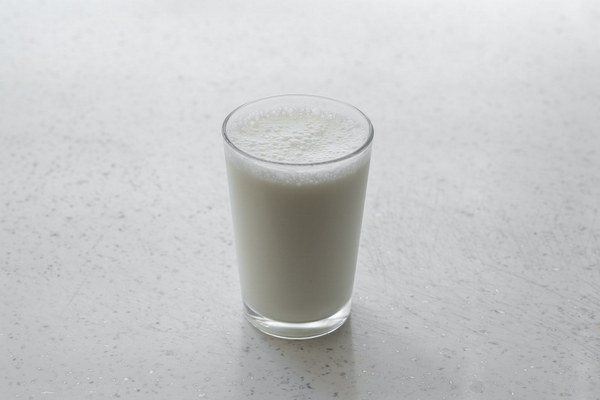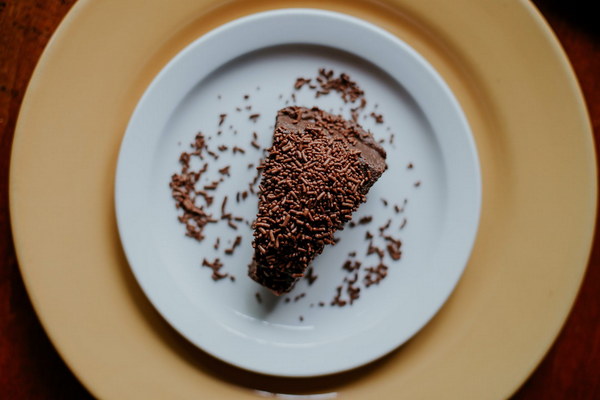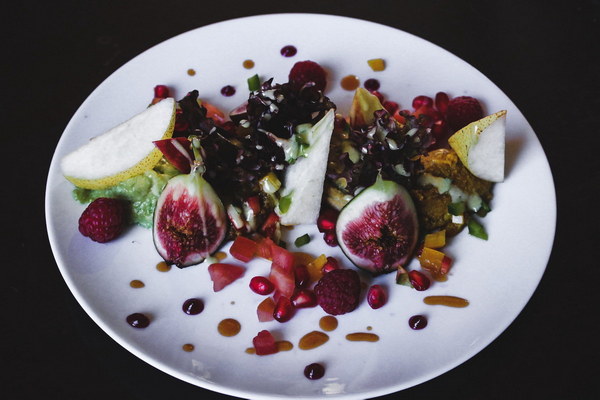Revitalize Your Body The Art of Nourishing Your Qi for Optimal Health
In the fast-paced world we live in, it's easy to find ourselves drained of energy and vitality. Our bodies, much like a garden, require nourishment to thrive and flourish. The concept of nourishing your Qi, or vital energy, is a fundamental principle in traditional Chinese medicine (TCM), aiming to bring balance and vitality to the body. In this article, we will explore the importance of nourishing your Qi and provide practical tips on how to achieve this balance for optimal health.
Understanding Qi
Qi is the vital energy that flows through the body, maintaining the balance of the body's internal systems. It is considered the essence of life, and when Qi is abundant and flowing freely, one experiences good health, vitality, and well-being. Conversely, when Qi is depleted or blocked, one may experience fatigue, weakness, and illness.
Signs of Qi Deficiency
Recognizing the signs of Qi deficiency is crucial in understanding the need to nourish your vital energy. Common symptoms include:

- Chronic fatigue or weakness
- Lack of mental clarity or concentration
- Sensitivity to cold
- Poor immune function
- Digestive issues
Practical Tips for Nourishing Your Qi
1. Balanced Diet: A well-balanced diet rich in essential nutrients is essential for nourishing your Qi. Incorporate a variety of whole foods, including fruits, vegetables, whole grains, lean proteins, and healthy fats. Pay attention to the color and flavor of your food, as these correspond to the organs in TCM and can help balance your Qi.
2. Regular Exercise: Engaging in regular physical activity is crucial for maintaining a healthy Qi. Activities like yoga, tai chi, or gentle walking can help improve circulation, boost energy levels, and promote relaxation.
3. Adequate Sleep: Good quality sleep is essential for the body to rejuvenate and nourish its Qi. Aim for 7-9 hours of sleep each night and create a conducive environment for restful sleep.
4. Meditation and Mindfulness: Cultivating mindfulness and practicing meditation can help reduce stress, improve mental clarity, and promote the flow of Qi within the body.
5. Herbal Remedies: Certain herbs can help nourish and balance your Qi. Consult with a qualified TCM practitioner to determine the best herbal remedies for your specific needs.
6. Acupuncture and Massage: Acupuncture and massage therapy can help stimulate the flow of Qi, alleviate tension, and promote relaxation.
7. Mind-Body Connection: Pay attention to the connection between your mental and physical well-being. Negative emotions can block Qi flow, so it's essential to address any underlying stress or anxiety.
Conclusion
Nourishing your Qi is an essential aspect of maintaining optimal health and well-being. By incorporating these practical tips into your daily routine, you can help ensure that your body's vital energy remains abundant and flowing freely, leading to a more balanced and fulfilling life. Remember, the key to nourishing your Qi lies in balance – balance in your diet, exercise, sleep, and mental well-being. With a focus on these aspects, you'll be well on your way to a healthier, more energetic life.









